Alert: J.R & L.M. Trackson Pty Ltd v NCP Contracting Pty Ltd & Ors [2019] QSC 201
The Supreme Court of Queensland finds that sending an email containing three separate invoices constitutes one payment claim. However, it is important to understand that this decision was made in relation to the provisions under the former Building and Construction Industry Payments Act 2004 (BICPA) not the Building Industry Fairness (Security for Payment) Act 2017 (BIF Act).
Any payment claims issued after 17 December 2018 will be subject to the BIF Act.
If the matter was to be considered by the Court, the changes made under BIF Act now render any document bearing the word “invoice” to be a payment claim, meaning there would likely be a different result.
However, the decision highlights once again the complexities and issues that can arise for claimants navigating the Act in circumstances where there is no clear written agreement in place.
Under the BIF Act, a claimant is only allowed to serve one payment claim for each reference date under the contract but may include in a payment claim, an amount that has been the subject of a previous payment claim.
This is not ordinarily an issue where the parties have entered into a written agreement outlining the scope of work to be performed. The difficulty arises where there is no written agreement, or where there is an agreement which is partially written and partially verbal.
It can, therefore, be difficult to work out whether there is one or multiple construction contracts. Working this out is critical because if there is one construction contract and the claimant has served multiple payment claims, only the first payment claim served will be valid. Alternatively, if there are multiple construction contracts and the claimant has served only one payment claim, the entire payment claim will be invalid.
In this case, it was determined by an adjudicator at first instance that there was one construction contract. This finding was not challenged in the Supreme Court. The claimant then proceeded by a single covering email to serve three invoices.
The Court considered that the claimant served one payment claim because the invoices were sent as attachments, under one email cover and were sent collectively and at the same time, bearing the same date.
However, as indicated above, it is unlikely the Court would reach the same conclusion under BIF Act.
If you have any queries about any other requirements for serving a valid payment claim, we recommend that you contact Axia Litigation Lawyers today, because every move matters.

